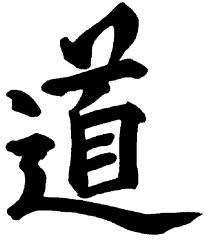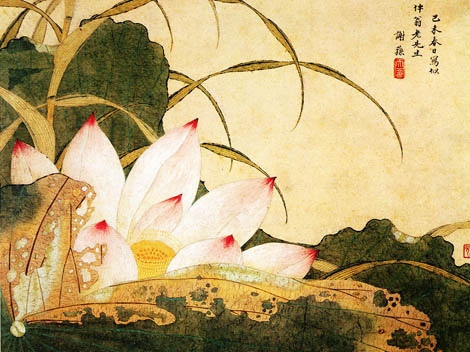Taoism, The path of ancient sages

The Tao that can be expressed is not the eternal Tao. -Lao Tzu.
Taoism, known as Tao Chiao or ‘The Teaching of the Way’ in China, is a spiritual tradition that was founded by the Chinese sage Lao Tzu around 600 BC, although it appears that Taoism existed before Lao Tzu.
The Tao is the nameless, transcendent reality. Essentially identical to the Absolute, Tao means literally ‘the Way’. Similar to related terms in other teachings such as Dharma in Buddhism, or the Brahman in Hinduism, the Tao transcends and yet includes all concepts about it. Tao has several levels of meaning. The first and most profound is the Tao as the transcendent Absolute. The second level is the Tao as immanent in the universe, an active power expressing the evolution, or ordering principle of life. Finally, the Tao also means the ‘way to live’, the teachings and practices through which one harmonizes one’s own understanding and energy with the universal Tao. So contained in the term the Tao is expressed the idea of the transcendent reality, and the path of harmony and awakening. According to Taoism, each human being is a reflection of the entire universe – a microcosm within the macrocosm. Both the universe and its inhabitants are subject to the same divine law, the Law of Tao. To live according to the Tao is to live in harmony with Nature.

Longhu Shan, the headquarters of the Zhengyi Taoists, in Jiangxi, China.
The principal sources of Taoism are the books Tao Te Ching and Chuangtzu. The Tao Te Ching, is widely regarded to be the most influential Taoist text. It is a short collection detailing the basic tenets of Taoism. According to a common story, Lao Tzu wrote it before leaving China for Tibet. Yin Hi, a border guard who realized the importance of Lao Tzu, begged him not to leave without passing on his wisdom. It is a foundational scripture of central importance in Taoism purportedly written by Lao Tzu sometime in the 6th centuries BC. The Chuangtzu is traditionally attributed to the Chinese sage Chuang Tzu (399-286 BC) and contains prose, poetry, humour and disputation.
Taoism is related to the later Zen Buddhism by its emphasis on tranquillity, non-artificiality, enlightment and especially by its doctrine of wu-wei (non-acting). So pervasive has the influence of Taoism been that is difficult to name a single facet of Chinese civilisation that has not been touched by it in some way. Religion, politics medicine, psychology, alchemy, astrology, art, music, literature, feng Sui and martial arts – in all these realms are to be found phenomena bearing the characteristic stamp of Taoism.

![]()











